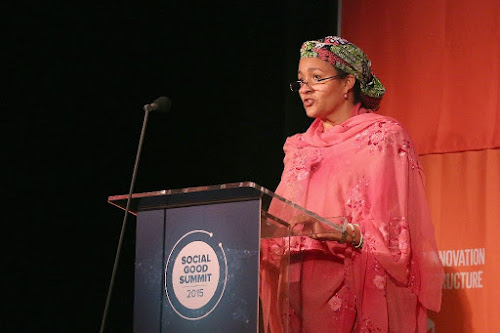Change (Peace, Love & Unity) is in the Air Now ! ... Time to GET IT !
"This World Belongs to Everybody" & "The Big Picture - You Are Not Alone"
"The State of the Earth" - The Predicted Weather Shift (Mini Ice Age - 2032 !!)
"The State of the Earth" - The Predicted Weather Shift (Mini Ice Age - 2032 !!)
(Solar and Heliospheric Observatory - website / spaceweather.com)
United Nations Declaration (Articles 1 - 30):
Article 1: All human beings are born free and equal in dignity and rights. They are endowed with reason and conscience and should act towards one another in a spirit of brotherhood.
Article 2: Everyone is entitled to all the rights and freedoms set forth in this Declaration, without distinction of any kind, such as race, colour, sex, language, religion, political or other opinion, national or social origin, property, birth or other status.
Article 1: All human beings are born free and equal in dignity and rights. They are endowed with reason and conscience and should act towards one another in a spirit of brotherhood.
Article 2: Everyone is entitled to all the rights and freedoms set forth in this Declaration, without distinction of any kind, such as race, colour, sex, language, religion, political or other opinion, national or social origin, property, birth or other status.
Incoming UN chief names three women to top posts
- More Aticles ...
- Pope urges UN reform after Ukraine war, Covid ‘limits’
- Zelensky tells UN to 'act immediately' on Russia or close
- UN extends investigation of leader's mysterious 1961 death
- US set to stay in global postal union after reform deal reached
- Report alleges ethical abuses at UN agency for Palestinians
- At UN, Europeans feel shunned by US
- New UN rights chief Bachelet will face world of hate: Guterres
- WHO chief 'rethinking' after Mugabe honour outrage
- Trump says 'bureaucracy' holding UN back
- Fury at Saudi election to UN women's rights group
- 'Islamophobia' fuelling terrorism: UN chief
- Will António Guterres be the UN's best ever secretary general?
- Incoming UN chief names three women to top posts
- UN drops gay rights from tribute to Ban
- Universal Declaration of Human Rights
Sustainable Development

"A Summary" – Apr 2, 2011 (Kryon channelled by Lee Carroll) (Subjects: Religion, Shift of Human Consciousness, 2012, Intelligent/Benevolent Design, EU, South America, 5 Currencies, Water Cycle (Heat up, Mini Ice Ace, Oceans, Fish, Earthquakes ..), Middle East, Internet, Israel, Dictators, Palestine, US, Japan (Quake/Tsunami Disasters , People, Society ...), Nuclear Power Revealed, Hydro Power, Geothermal Power, Moon, Financial Institutes (Recession, Realign integrity values ..) , China, North Korea, Global Unity,..... etc.) -
